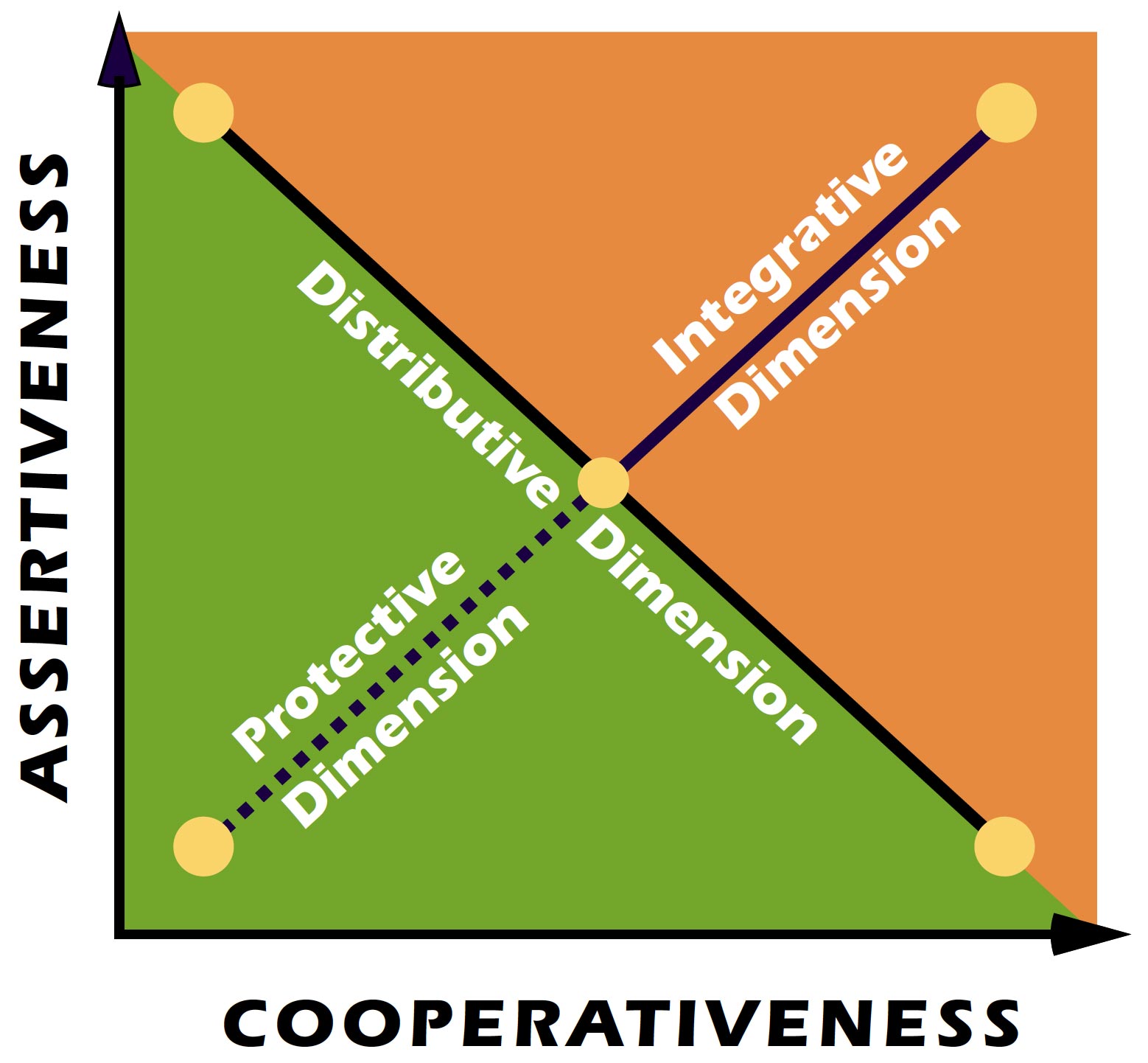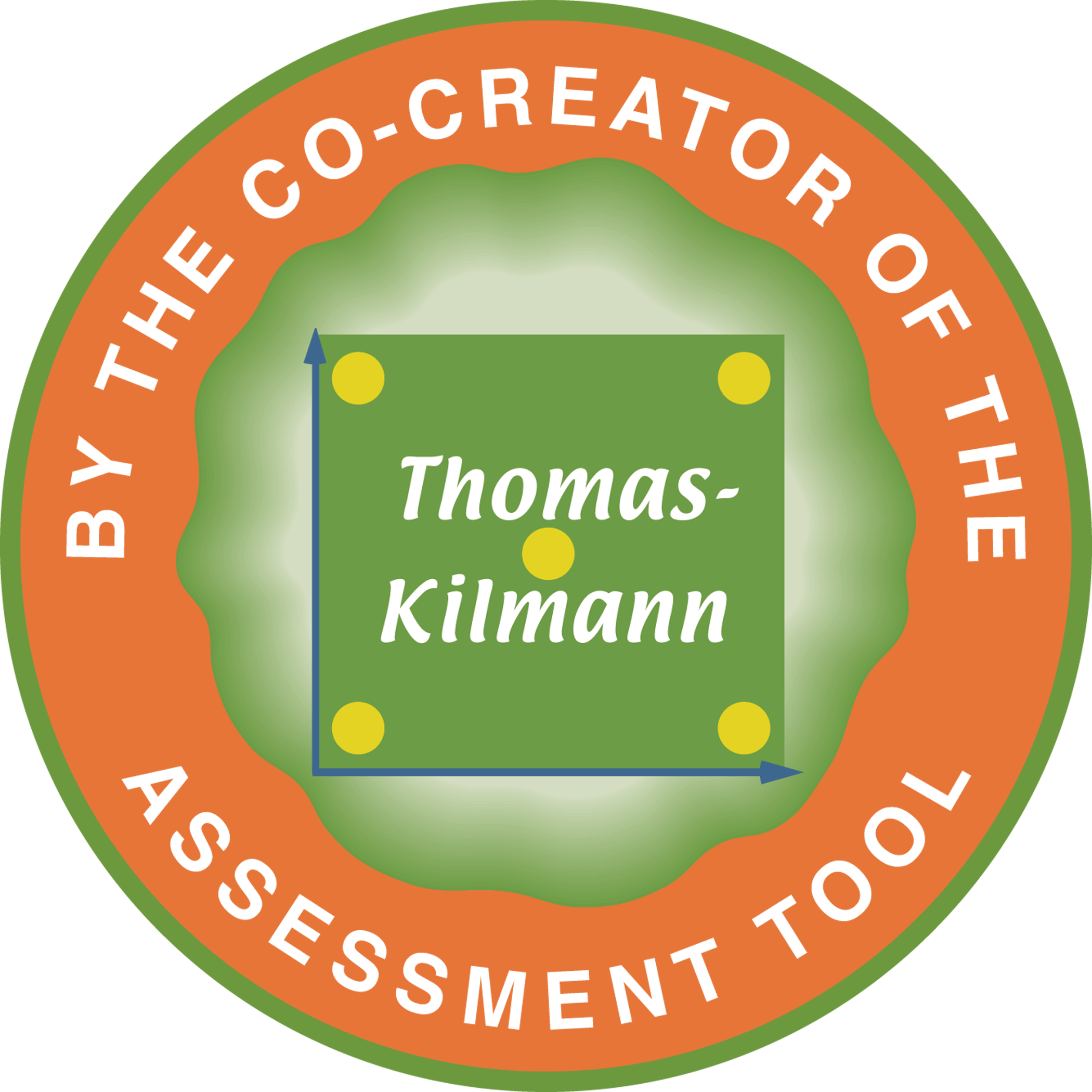26 Jun Conflict Management and Political Behavior Across Our Globe
Ralph H. Kilmann, co-author of the Thomas-Kilmann Instrument (TKI)
Can the TKI Conflict Model (i.e., the five conflict modes along with the assertiveness, cooperativeness, distributive, integrative, and protective dimensions) shed some (healing) light on the political behavior in the countries throughout the world, especially with regard to elections, the global economy, nuclear programs, military strength, debt reduction, educational and health programs (to name a few challenging conflicts in the political realm)?

I realize it’s a bit presumptuous to suggest that one model (whether combined with its assessment or not) can make a big difference in explaining (and then improving) something as multidimensional—and extremely complex and messy—as the historically based conflicts that seem to be escalating across the globe in a manner that may be increasingly dissatisfying societies and its citizens. But I thought it might be beneficial to open the door on this close-to-home debate, especially since political and societal conflict is as much a part of the field of conflict management as is interpersonal, group, and organizational conflict.

To get this controversial subject going, let me suggest that the current political maneuvering in the U.S. (as the November presidential election approaches) is dramatically locked on the distributive dimension…perhaps being more concerned with winning election and political control (at all costs) rather than serving the constituency and the needs of the citizens. Perhaps BI-partisan behavior at the extreme is a battle fixed on the competing mode (high assertiveness, low cooperativeness), which often does NOT result in even a workable compromise that serves many people’s needs. In sharp contrast, what our societies really seem to need is a good dose of TRANS-partisan behavior along the integrative dimension (moving from compromising to collaborating), so that the very people being “served” by the system can get their most important needs met.
But collaborating only works under a very specific set of conditions, including TRUST, good speaking and listening skills, a willingness to share what is really wanted and needed, seeing the bigger picture of whose needs we are serving, focusing on satisfying BOTH party’s needs to the max, and a surrounding culture and reward system that encourages both parties to develop a solution that satisfies citizen needs…the proclaimed needs those parties are presumably serving.
Seeing the conditions that must be in place in order to shift from a distributive (bipartisan) perspective to an integrative (trans-partisan) perspective seems to highlight what must be addressed if our political systems (which evolved from hundreds of years of serving a different world under different conditions) will be able to truly serve citizen needs amidst TODAY’s economic, social, religious, military, health, and environmental mega-conflicts.
Kilmann Diagnostics offers a series of eleven recorded online courses and nine assessment tools on the four timeless topics: conflict management, change management, consciousness, and transformation. By taking these courses and passing the Final Exams, you can earn your Certification in Conflict and Change Management with the Thomas-Kilmann Instrument (TKI). For the most up-to-date and comprehensive discussion of Dr. Kilmann’s theories and methods, see his 2021 Legacy Book: Creating a Quantum Organization: The Whys & Hows of Implementing Eight Tracks for Long-term success.





